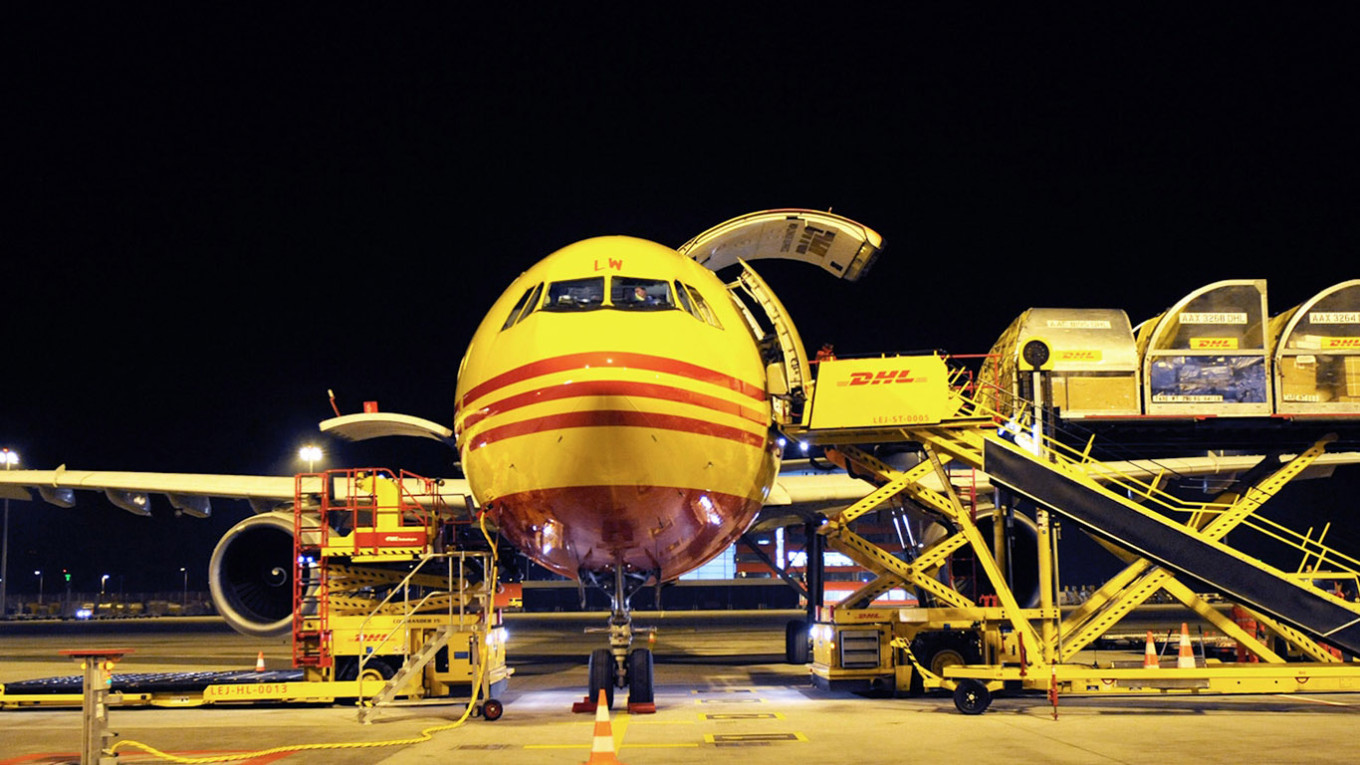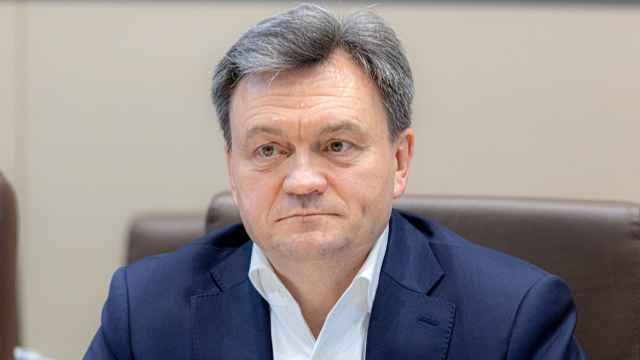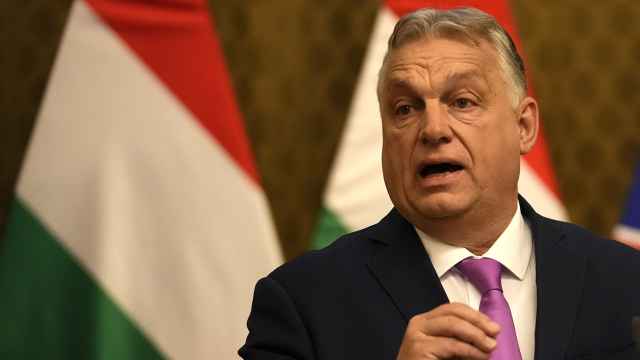European intelligence agencies believe that Russia’s GRU military intelligence service was behind a series of cargo package explosions at airports in Germany, Poland and Britain last summer, German media reported Wednesday.
The coordinated attacks, which occurred over three days in July 2024, were part of an international sabotage campaign involving at least 10 individuals, according to a joint investigation by German media outlets WDR, NDR and Süddeutsche Zeitung.
On July 20, a parcel caught fire at Leipzig Airport in Germany. A similar incident occurred at Warsaw’s international airport the next day, followed by a third airport fire on July 22 in Birmingham, England. A fourth package intended for Poland was intercepted before it exploded.
Investigators found that the four packages, all of which were traced to Lithuania, contained magnesium-based explosives concealed in items like cosmetics tubes and sex toys.
European intelligence agencies have since concluded that the operation was coordinated by a group of GRU agents, including high-ranking personnel, WDR, NDR and Süddeutsche Zeitung reported.
One of the alleged organizers is GRU Colonel Denis Smolyaninov, who was sanctioned by the EU in December 2024.
Rather than relying solely on trained operatives, the GRU reportedly recruited civilians — referred to as “disposable agents” — through messaging apps, offering money for seemingly harmless tasks.
One of those recruits was a 27-year-old Ukrainian man living in Katowice, Poland, who has since been arrested. According to investigators, he drove the packages to Lithuania, where he activated the explosives’ timers and handed them to a Lithuanian national identified as Aleksandr S., who allegedly sent the parcels.
In early August 2024, another Ukrainian man in Poland, identified as Viacheslav C., sent two more packages — containing tracking devices rather than explosives — to the U.S. and Canada. Prosecutors believe the devices were intended to help map out shipping routes for potential future operations.
Aleksandr S. and Viacheslav C. were arrested and now face charges of engaging in sabotage on behalf of a foreign state.
The Russian Embassy in Berlin has denied the allegations, calling them “paranoia” and “conspiracy theories.”
According to The New York Times, Washington issued a warning to President Vladimir Putin via then-CIA Director William Burns and National Security Adviser Jake Sullivan that it would hold Moscow responsible for “enabling terrorism” if the sabotage led to casualties in the U.S. The package explosions in Europe have since ceased.
A Message from The Moscow Times:
Dear readers,
We are facing unprecedented challenges. Russia's Prosecutor General's Office has designated The Moscow Times as an "undesirable" organization, criminalizing our work and putting our staff at risk of prosecution. This follows our earlier unjust labeling as a "foreign agent."
These actions are direct attempts to silence independent journalism in Russia. The authorities claim our work "discredits the decisions of the Russian leadership." We see things differently: we strive to provide accurate, unbiased reporting on Russia.
We, the journalists of The Moscow Times, refuse to be silenced. But to continue our work, we need your help.
Your support, no matter how small, makes a world of difference. If you can, please support us monthly starting from just $2. It's quick to set up, and every contribution makes a significant impact.
By supporting The Moscow Times, you're defending open, independent journalism in the face of repression. Thank you for standing with us.
Remind me later.






